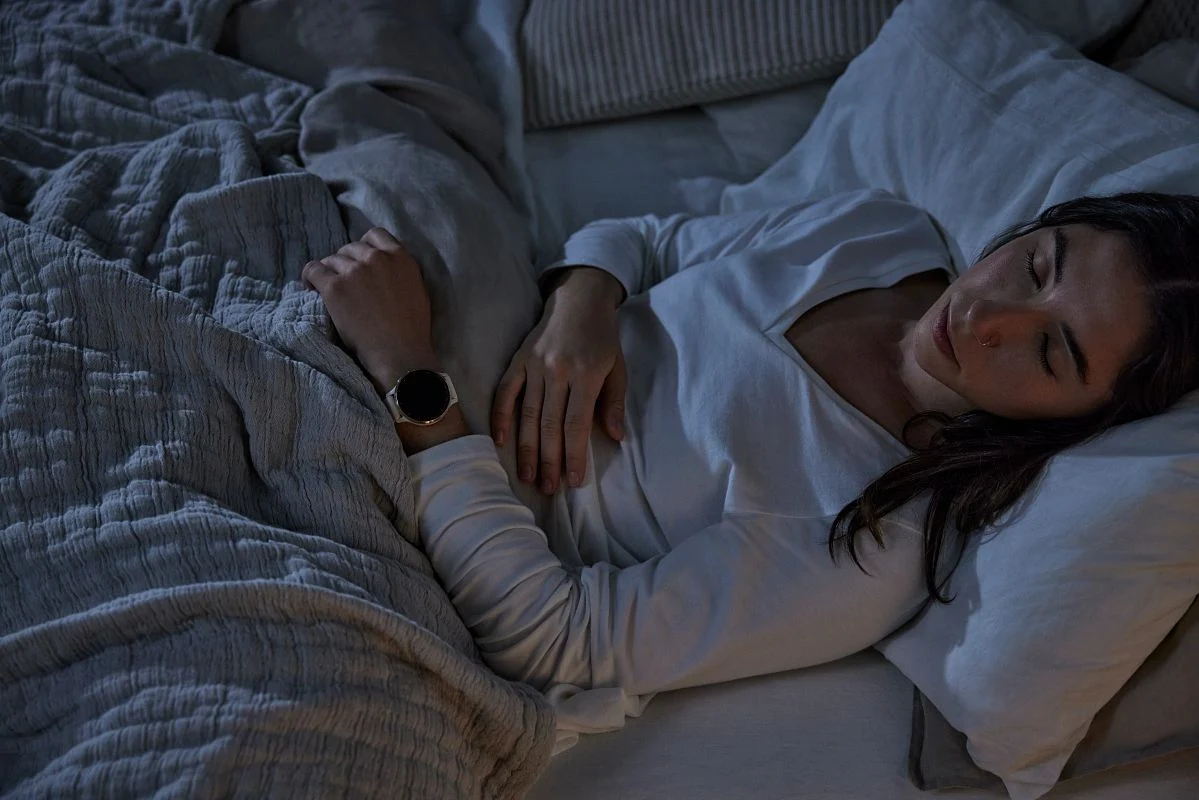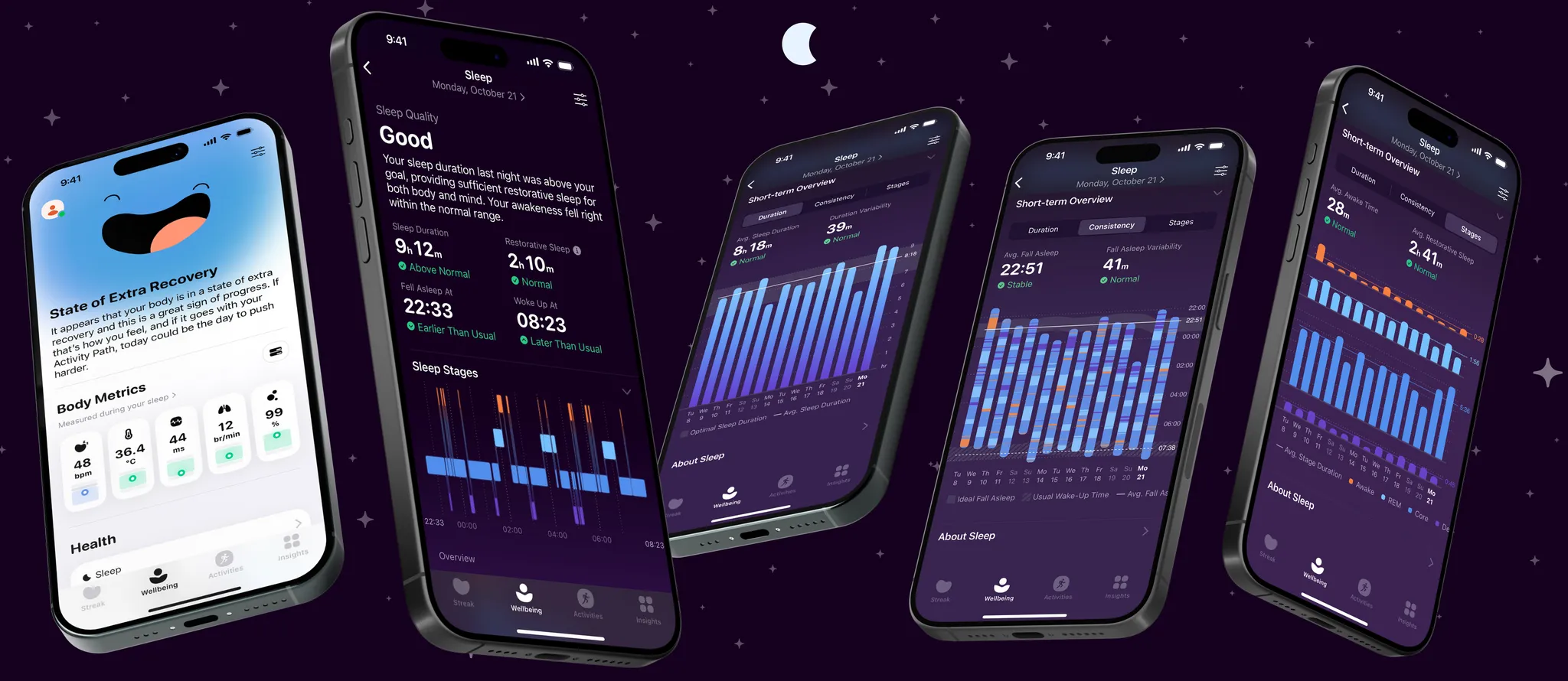Key Takeaways
1. The heart rate sensor of the Apple Watch Ultra 2 is highly accurate, showing minimal deviation from the Polar H10 chest strap during indoor and outdoor activities, outperforming many competitors.
2. During outdoor activities, the Apple Watch Ultra 2 maintained strong heart rate tracking, while competitors like Garmin and Whoop had significantly higher deviations.
3. The sleep tracking feature of the Apple Watch Ultra 2 demonstrated approximately 73% accuracy for REM and deep sleep, and 86.5% for light sleep, slightly outperforming the Oura Gen 4 Smart Ring.
4. The Apple Watch Ultra 2’s sleep tracking accuracy is better than that of the Samsung Galaxy Watch Ultra 2, Whoop 4.0, and Garmin Fenix 7, though results are based on limited testing.
5. Despite its strong performance, the Apple Watch Ultra 2 may struggle with heart rate detection during weightlifting due to wrist tension, suggesting a dedicated chest strap is still recommended for such activities.
Rob ter Horst, a researcher focused on bioinformatics and the creator of the YouTube channel The Quantified Scientist, has evaluated the sensors of the Apple Watch Ultra 2 (starting at $799 on Amazon) while utilizing the latest beta version of watchOS 26. He conducted comparisons with a variety of other smartwatches to see if users can depend on the information provided by Apple’s top smartwatch.
Heart Rate Sensor Evaluation
To start, the heart rate sensor was examined. During an indoor running session, it gathered data that was almost identical to that from the reference device, which was a Polar H10 chest strap in this instance. Although there were slight differences, they were minor and thus rather unimportant in practice. This positions the Apple Watch Ultra 2 alongside the leading smartwatches, like the Huawei Watch 5. For context, the Whoop MG showed a deviation of around 6% from the reference device, and the Garmin Forerunner 570 deviated by roughly 7%. Meanwhile, the Garmin Fenix 7 was off by 9%, while the Samsung Galaxy Watch 7 only deviated by 3%.
Performance During Outdoor Activities
When it came to outdoor runs and cycling, the heart rate sensor of the Apple Watch Ultra 2 also provided data that was nearly on par with the reference device, widening the gap between it and its competitors. The cycling data from the Garmin Forerunner 570 deviated by 12%, and the Whoop MG’s deviation rose to over 15%. Nevertheless, it’s important to highlight that a dedicated heart rate chest strap remains a valuable investment for weightlifters, as the Apple Watch Ultra 2, like many other smartwatches, struggles to detect heart rate when there is excessive tension on the wrist.
Sleep Tracking Analysis
Besides the heart rate sensor, Rob ter Horst also evaluated the sleep tracking feature of the Apple Watch Ultra 2. The reference device used was a Hypnodyne ZMax, which captures brain waves through EEG and claims to record sleep phases with 72% accuracy, based on studies. In comparison, polysomnography (PSG) used in sleep labs has an accuracy of about 83%. Against the ZMax, the Apple Watch Ultra 2 demonstrated an accuracy of approximately 73% for REM and deep sleep, and an impressive 86.5% for light sleep.
This result is outstanding when compared to its rivals and even slightly outperforms the Oura Gen 4 Smart Ring. The Samsung Galaxy Watch Ultra 2, Whoop 4.0, and Garmin Fenix 7 showed notably lower accuracy in this area. However, it’s worth mentioning that this test and comparison only involved one unit of each wearable and a single participant. Due to the limited sample size, the findings are only moderately indicative of the overall performance and accuracy of these devices.
Source:
Link





